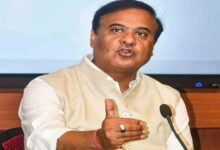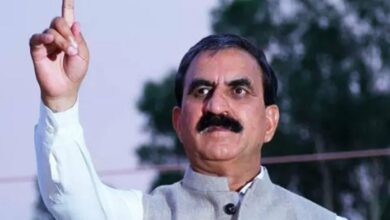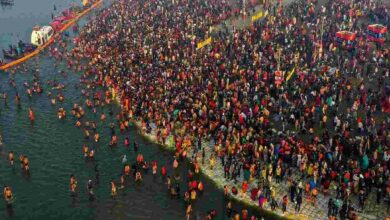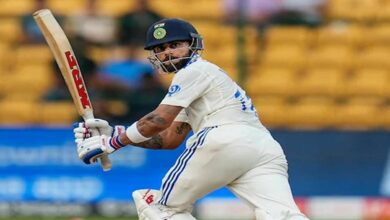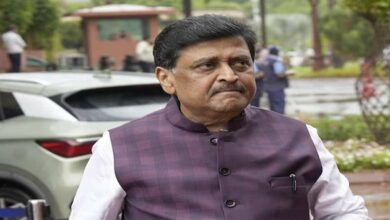Pakistani Hindus who have acquired Indian citizenship apply for voter ID cards ahead of Delhi assembly elections
At the age of 18, Radha, a recent Indian citizen, is getting ready to cast her first ballot in the Delhi assembly elections after fleeing Pakistan with her family when she was only four years old.
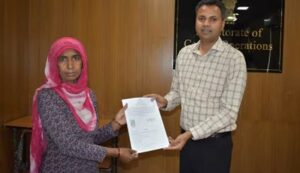
Voting means more to her than just taking part in the political process; it means finally having a say in the nation she now proudly calls home.
In anticipation of the Delhi Assembly election, Radha is one of 300 Hindus from Pakistan who have sought for voter IDs.
In May 2024, these people received citizenship under the Citizenship (Amendment) Act (CAA), 2019.
The shy girl, surrounded by her mother and aunts, displayed cautious hope. “Earlier this year, I received my certificate of citizenship. We applied for voter IDs not long ago. I would vote in a traditional Indian manner for the first time. Whatever administration takes office, I hope they allow us to remain here and help us,” she added.
When asked about challenges in the area, Radha mentioned unemployment. “Yes, there are a lot of jobless individuals here. We believe we need to have additional employment options,” she said.
Early in the next year, Delhi will have its Assembly elections. For the people who live in this camp, many of whom have been here for more than ten years but have only lately obtained citizenship, housing and unemployment are still major problems.
While the males in the village work as daily wage earners or own tiny kiosks selling phone accessories, the majority of the ladies are housewives. Elders believe that obtaining citizenship will open up new doors, such as steady employment and agricultural chances.
“We were farmers back home in Pakistan. From there, we fled to avoid persecution. We are content here, although there isn’t enough land for farming. Puran, 50, who came to Delhi by rail in 2013, said, “We could grow anything and support our families if the government could give us land on lease along the Yamuna.” Puran wants to acquire land for farming and has married off 20 of his 21 children from his two marriages.
“We don’t have enough money, but my kids constantly begging me to purchase them property so they can start farming. “Hopefully, the government will assist us by leasing us land,” he said.
According to the camp’s pradhan, Dharamvir Solanki, there are around 1,000 people living in the settlement, which is made up of 217 households. Three hundred others have also filed for voter IDs. On religious visas, Solanki, who came to Delhi in 2013 with a number of Hindu families from Sindh, Pakistan, said, “We also have Aadhaar cards and hope to get ration cards soon.”
The community’s need for land for farming has been echoed by locals like Nanaki, who is mourning the death of her mother-in-law. “Freebies and a home are not what I desire. All I want is for the government to lease us property so we can work and make money. We may construct our own homes if we make money,” she remarked.
These families look to the next elections for stability, respect, and the resources to start over in the nation they now call home.
